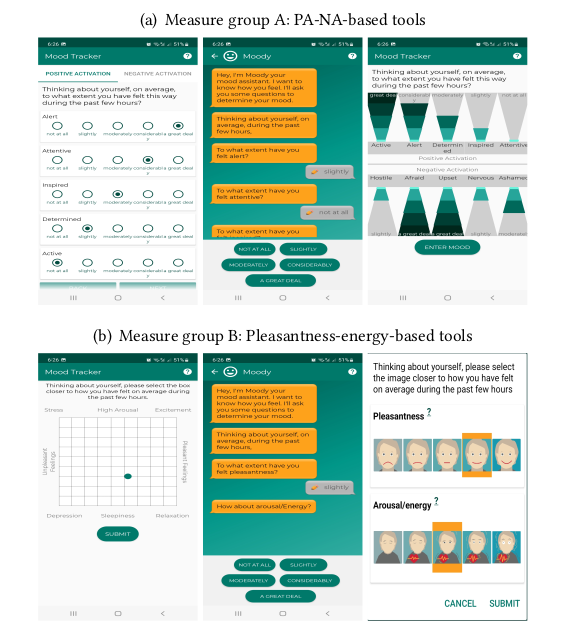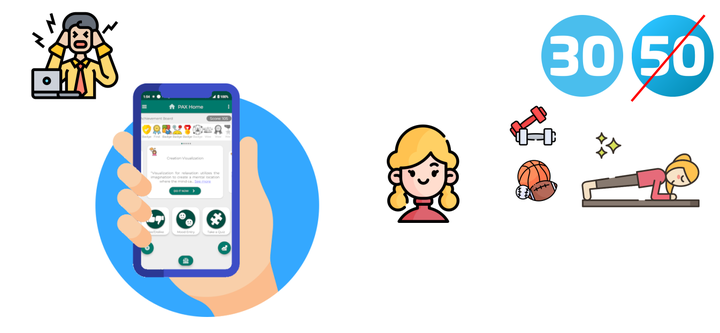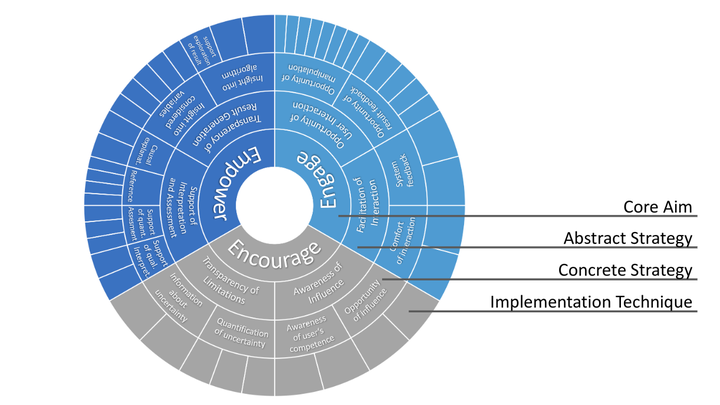The Role of Human-Centered AI in User Modeling, Adaptation, and Personalization—Models, Frameworks, and Paradigms
Helma Torkamaan, Mohammad Tahaei, Stefan Buijsman, Ziang Xiao, Daricia Wilkinson, Bart P. Knijnenburg Abstract This chapter explores the principles and frameworks of human-centered artificial intelligence (AI), specifically focusing on user modeling, adaptation, and personalization. It introduces a four-dimensional framework comprising paradigms, actors, values, and levels of realization that should be considered in the design of […]









